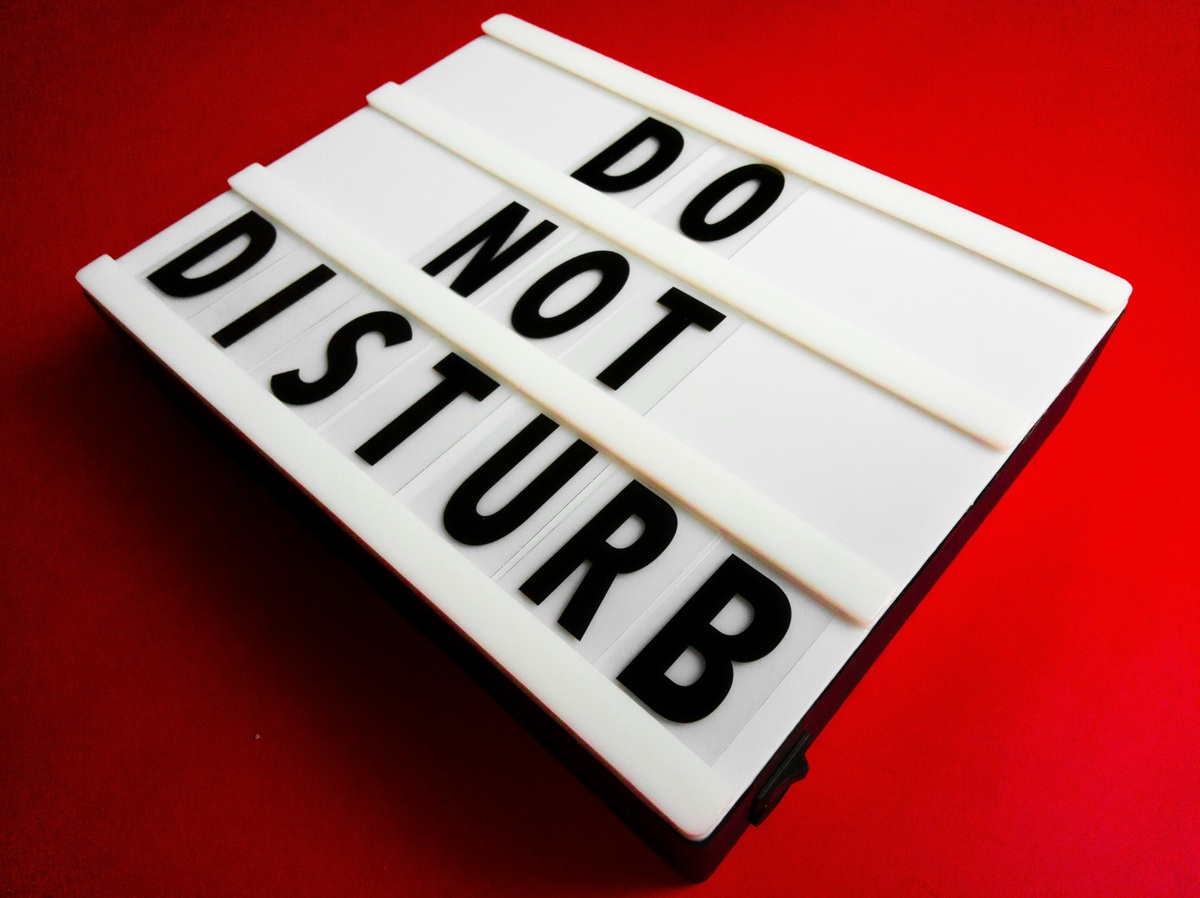You sit down at your desk, determined to finally get started on that task you’ve been putting off. But almost instantly, distractions sneak in. Your i
You sit down at your desk, determined to finally get started on that task you’ve been putting off. But almost instantly, distractions sneak in. Your inbox chimes, your phone buzzes, and before you know it, you’re scrolling through social media or checking headlines — your attention splintering into pieces with every interruption.Habits to Stay Focused in a World Full of Distractions.
According to Dr. Zelana Montminy, a positive psychologist and author of Finding Focus: Own Your Attention in an Age of Distraction, this isn’t just bad luck — it’s the new normal. “We’ve trained our brains to crave interruptions,” she explains. “It’s like we’ve become addicted to being distracted.”
And that’s not by accident. Our devices are deliberately designed to hijack our attention, offering tiny dopamine hits through notifications, likes, and messages. This constant loop keeps us seeking validation, even when we know it pulls us away from meaningful work.
The problem is, many of us think we’re handling the multitasking just fine. But research says otherwise. Gloria Mark, Chancellor’s Professor at the University of California, Irvine, and author of Attention Span, compares it to writing on a whiteboard. “Each time you switch tasks, you’re erasing and rewriting,” she says. “Over time, all that switching slows you down, increases errors, and raises stress.”
In short, your brain’s “CEO” — its executive function — gets tired. And when it’s tired, it’s less able to filter distractions or make sound decisions, leaving you even more vulnerable.

So, how do you rebuild focus in a world full of digital noise? Experts suggest a few strategies:
1. Start with the basics
Before chasing productivity hacks, take care of your body. Montminy stresses the importance of sleep, hydration, and movement. “You can try every mental trick out there, but without proper rest and self-care, nothing will stick.”
Environment also matters. Create “focus rituals” — cues that tell your brain it’s time to work. This could be a dedicated desk setup, a certain routine, or even lighting a candle before diving into deep work. Mark also recommends adding friction between you and distractions: silence notifications, stash your phone out of reach, or use website blockers to keep temptation at bay.
2. Train your brain to lock in
Focus thrives when your goals are crystal clear. Mark suggests writing them down and keeping them visible — a sticky note on your monitor or a list on your desk. These reminders help your brain filter what truly matters and ignore the rest.
3. Set emotional goals
It’s not just about finishing tasks; it’s also about how you want to feel. Mark recommends asking yourself: At the end of today, how do I want to feel? Calm? Proud? Energized? By visualizing the emotions you want, you create a mental roadmap that guides your actions and strengthens your focus.
4. Break autopilot habits
Much of our distraction happens on autopilot — like grabbing your phone without even thinking. Mark says the key is meta-awareness: noticing your impulses as they happen and questioning them. Ask yourself, Am I avoiding hard work? Am I stressed? Turning habits into conscious choices builds discipline over time.
Montminy suggests keeping non-digital alternatives nearby — like a notebook, a sketchpad, or even a book — so your brain has somewhere healthier to escape when it craves a break.
5. Work with your natural energy cycles
Everyone has peak focus times, often tied to their circadian rhythm. For many, that’s mid-morning and mid-afternoon, but it depends on whether you’re an early bird or a night owl. Track your energy levels for a week, then schedule deep work during your peaks and lighter tasks during dips.
6. Practice being present with people
Focus isn’t just about work — it’s also about how you show up in conversations. Montminy points out that we’ve gotten used to half-listening during meetings or chats, often distracted by another screen. Practicing active listening — making eye contact, asking real questions, and engaging fully — strengthens both focus and relationships.
7. Take real breaks
True rest isn’t scrolling through Instagram. Mark and Montminy both emphasize the need for “negative space” — intentional pauses that let your brain recharge. Step outside, stretch, meditate, or simply sit quietly. These breaks restore mental energy and prepare you to refocus.
Your brain isn’t technically a muscle, but it functions a lot like one. To keep it sharp, you have to challenge and “work it out.” Just pushing yourself to think harder isn’t enough. The good news? You don’t need to dive into complicated puzzles or elite-level IQ tests to boost your brainpower. Strengthening your mind, supporting your mental health, and expanding your cognitive skills can actually be simple, enjoyable, and even lead you to discover new passions and opportunities in life.
Only later did I realize how many mistakes were wrapped up in that moment. No, it wasn’t going to take “just a second.” No, I didn’t need to reply to that email — as an author and researcher, it’s rare that I receive messages demanding an instant response. And no, it was never going to be “just one thing.” Once I opened that inbox, my brain wanted more, and I let myself get pulled in.
By the time I looked up, my daughter had slipped away. The hardest part? Before I let myself get distracted, we were in the middle of a beautiful game — imagining which superpowers we’d choose if we could have any. It was the kind of playful moment that could have deepened our bond, and instead, I missed it.
If you’re a parent today, you’ve probably felt this sting too. But truthfully, it’s not just parents — it’s everyone. Distraction has become our default mode. Yes, we’re lucky to carry pocket-sized supercomputers that let us connect instantly and access endless information. But there’s a flip side: those same devices tug us away from the very moments that matter most.
Final takeaway:Habits to Stay Focused in a World Full of Distractions
Your attention is one of your most valuable resources, and it’s limited. Choosing how to spend it — on your goals, your relationships, or your well-being — can transform not just your productivity but also your quality of life.
Principles to Remember
✅ Do:
-
Build meta-awareness and question your impulses before giving in.
-
Align tough tasks with your natural energy peaks.
-
Set both task-based and emotional goals to guide your focus.
❌ Don’t:
-
Leave your goals vague or hidden — make them visible.
-
Settle for shallow interactions — be present and listen deeply.
-
Confuse scrolling with real rest — true breaks should refuel you.



COMMENTS